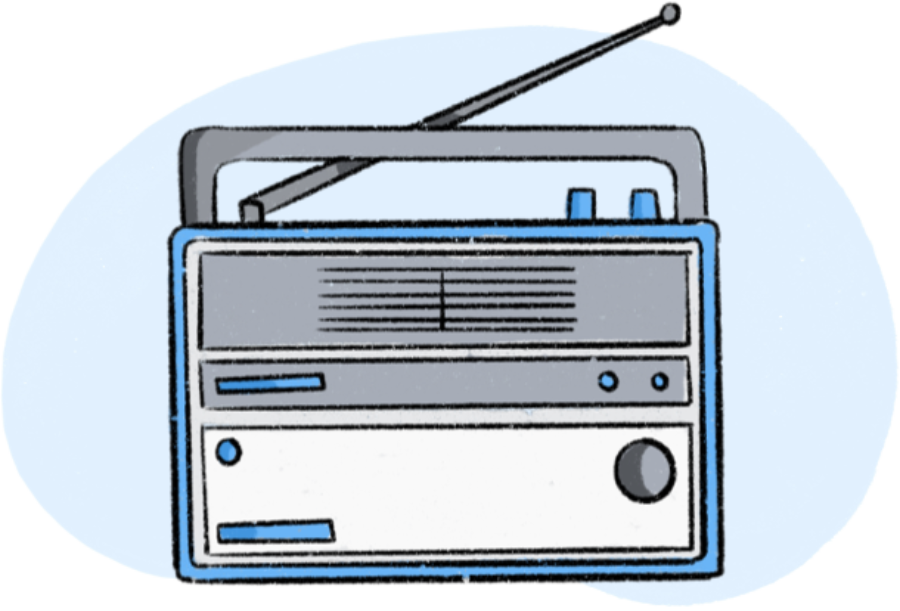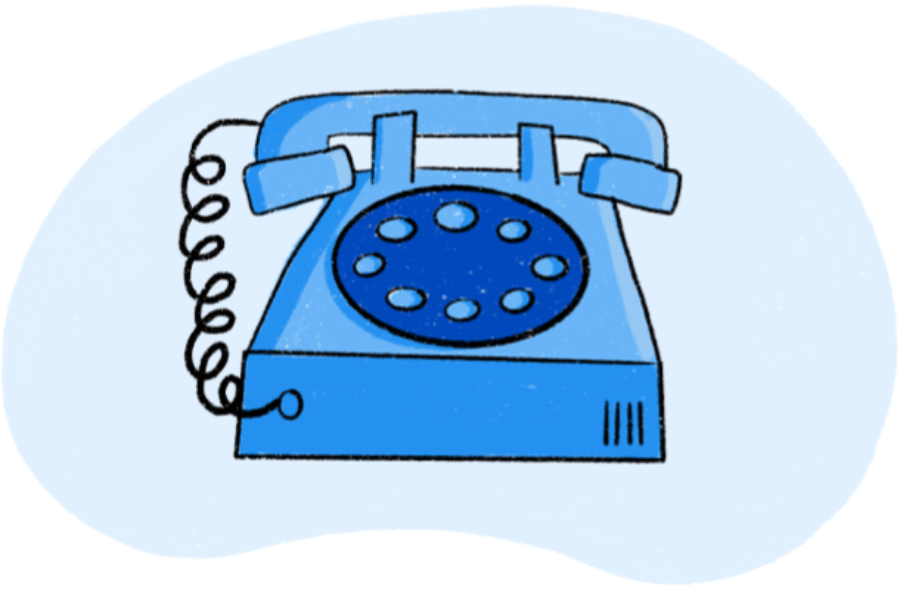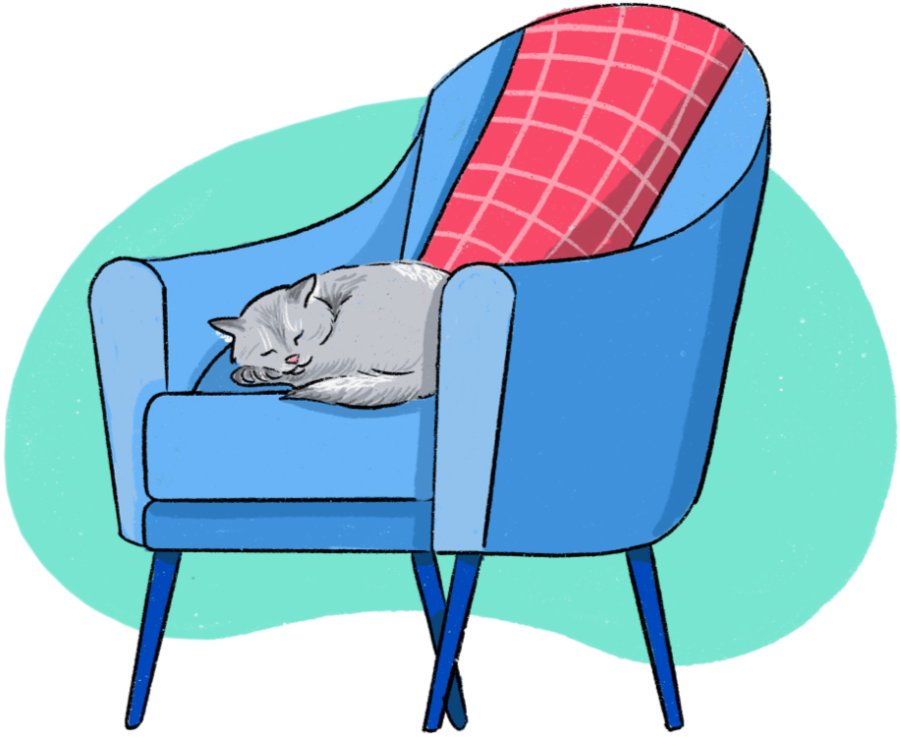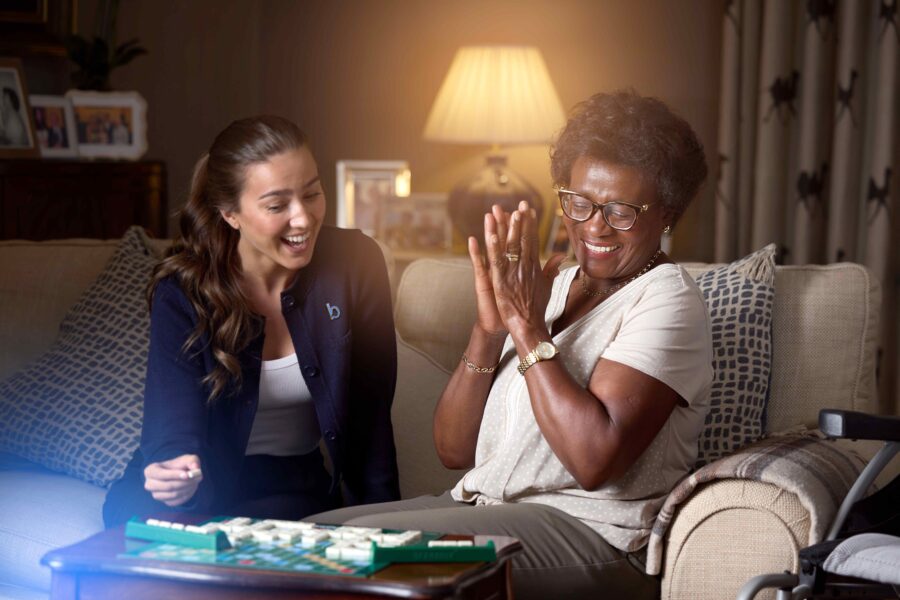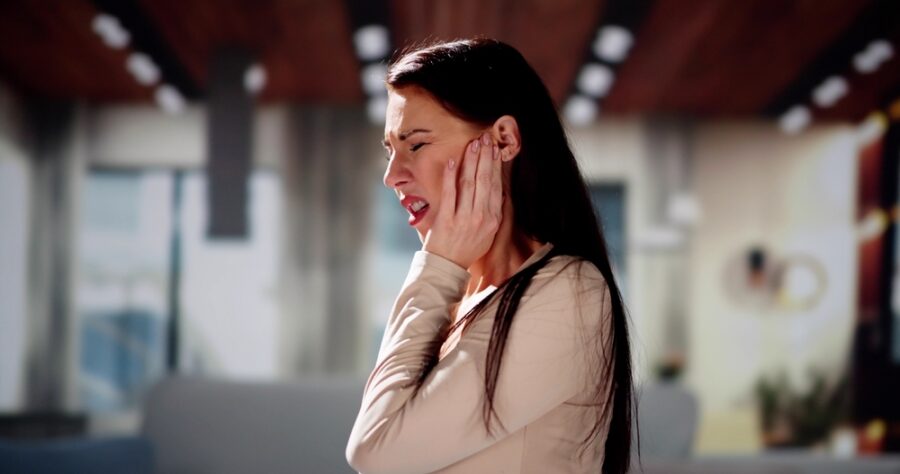

Blog post
Macular hole: causes, symptoms, genetics, pseudohole and treatments
What is macular hole?
A macular hole is a small break or opening in the macula, which is the central part of the retina responsible for detailed vision. This can lead to blurred or distorted central vision.
Macular degeneration and macular holes may present with similar symptoms, so it is important to have the correct diagnosis by an Optometrist or Ophthalmologist.
Can a macular hole cause blindness?
If you have a macular hole, you may experience blurred or distorted vision, difficulty reading or recognising faces, and a dark or empty spot in the centre of your vision, but it does not usually lead to complete blindness.
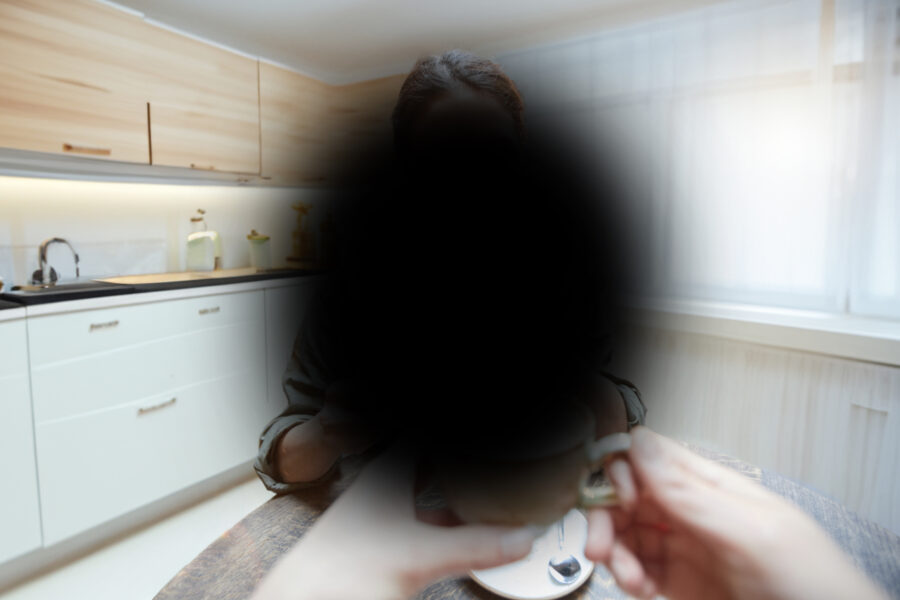
What causes a macular hole?
Macular holes can be caused by ageing, eye injuries, high degrees of myopia, or conditions like diabetic eye disease.
The natural shrinking of the gel inside of the eye can also lead to a macular hole.
Can it be hereditary?
While macular holes are not typically hereditary, some underlying conditions (such as diabetic eye disease and myopia) that increase the risk may run in families.
What are the symptoms of a macular hole?
A macular hole can cause a range of visual disturbances, particularly affecting central vision. Here are the key symptoms to look out for:
- Blurred central vision (peripheral/side vision usually remains unaffected, as the macular hole impacts only the central part of the retina)
- Dark spot in the central vision
- Distorted vision
- Difficulty with tasks that require detailed vision
- Decreased perception of colours
If you notice any symptoms, it's important to schedule an eye test as soon as possible.
How is it diagnosed?
Macular holes can be diagnosed during a comprehensive eye examination.
At OutsideClinic, our eye tests are designed to detect various conditions, including macular holes, using standard diagnostic techniques. By assessing the health of the retina, our optometrists can identify signs that may indicate the presence of a macular hole.
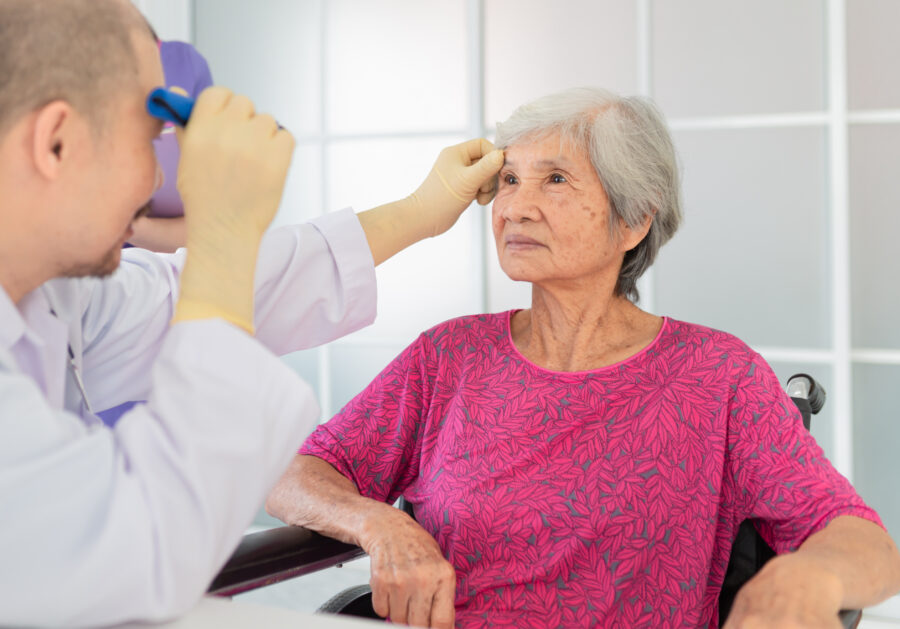
What is a macular pseudohole?
A macular pseudohole is a condition that mimics the appearance of a macular hole but does not involve an actual tear in the macula. It is caused by the thin layer of tissue on the surface of the retina contracting and distorting the macula.
Due to this contraction and wrinkling, the macular may appear to have a hole when viewed during an eye examination. However, unlike a true macular hole, the retinal tissue remains intact.
Treatments for a macular hole
Macular holes are often treatable, especially if caught early. Early intervention can often lead to better outcomes and prevent further vision deterioration.
The treatment of macular holes younger than 6 months has a success rate of over 90%. For holes older than 12 months the success rate is less.
Having regular eye tests means that there are greater chances of catching a macular hole early, when the treatment success rate is higher.
What’s treatments are available?
These treatments for macular holes are typically offered through the NHS, ensuring accessible care for those diagnosed with this condition.
Vitrectomy surgery
The most common treatment is vitrectomy surgery, where the vitreous gel is removed and replaced with a gas bubble to help the hole close. The gas bubble used to hold the retina in place as it heals.
Injections
If caused by traction with the vitreous an injection into the eye under local anaesthetic may help the vitreous separate from the macular allowing the hole to close. This will usually only be considered in early cases of smaller holes.
ILM peeling
Inner limiting membrane (ILM) peeling is a surgical procedure to remove the thin layer of tissue causing the macular hole.
What's recovery like for macular hole treatment?
Following macular hole surgery, it’s normal to experience some temporary visual distortions or blind spots.
It can take several months for your vision to recover. In this time, you should avoid driving and you may find it difficult to do tasks that require detailed vision like reading.
You cannot fly following vitrectomy surgery; it would expand and increase the pressure in the eye causing pain and loss of vision.
Your optometrist will be able to advise on what precautions to take based on your specific circumstances.
Are there any natural treatments for a macular hole?
There are no proven natural treatments for a macular hole.
Can a macular hole heal by itself?
In some cases, a macular hole may heal by itself without any surgery or treatment. This happens in a relatively small number of cases. Your optometrist will be able advise if you require treatment or not.
What foods are good for macular hole?
A diet rich in leafy green vegetables, fruits, and foods high in antioxidants and omega-3 fatty acids can support overall eye health.
Is there a link with diabetes and macular hole?
Diabetes can contribute to various eye conditions, including those that may lead to macular holes.
Can I drive with a macular hole?
Driving with a macular hole can be challenging due to impaired central vision. Your optician or GP will be able to advise if they think you should stop driving.
You're required by law to tell DVLA about your condition if:
- it affects both eyes or
- it only affects 1 eye but your remaining vision is below the minimum standards of vision for driving
You should meet the visual standards if you can:
- read a number plate from 20 metres away and
- have no double vision and
- have a normal field of vision in at least one eye
If you’re not sure if you meet these standards, your optician will be able to give you some guidance.
For up-to-date guidance, visit the gov.uk website.

What support is available?
The Macular Society offers comprehensive support for individuals affected by macular disease through a variety of services:
- Advice and Information Service: Accessible via phone (0300 3030 111) or email (help@macularsociety.org), providing expert guidance on managing macular conditions.
- Online Resources: The society's website (macularsociety.org) features a wealth of information and resources to help individuals understand and cope with macular disease.
- Peer Support Groups: Over 300 groups across the UK offer emotional and practical support, allowing people to connect with others facing similar challenges.
- Counselling and Befriending Services: Free, confidential counselling and regular friendly phone conversations through the Telephone Befriending Service help reduce feelings of isolation.
- Treatment Buddies and Skills Training: Connects individuals with experienced peers for support during treatment and offers training to enhance visual skills.
These services are designed to provide practical help and emotional support to enhance the quality of life for those living with macular conditions.


